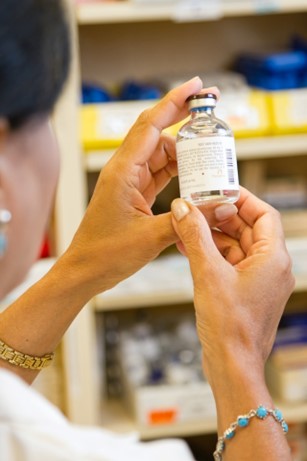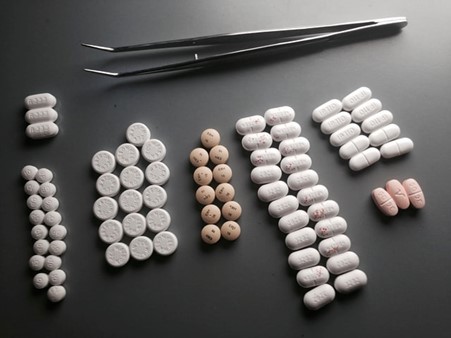The term “pharmaceutical care” might not be immediately clear to those first hearing it. Although for years pharmaceutical care was defined basically as the provision of drugs in a responsible manner to achieve the desired outcome for the patient, more recent and modern definitions have emerged to encompass the definition more fully.
Pharmaceutical care means the responsible care and safe provision of medications and drugs from pharmacists to patients to decrease symptoms and optimize health outcomes by using the appropriate pharmaceuticals.
Richard Hansen Dean discusses the definition of care in the pharmaceutical world, highlighting some of the main points how this concept has developed over the years.
The traditional definition
The most traditional definition of the term pharmaceutical care comes from an article entitled, “Opportunities and Responsibilities in Pharmaceutical Care,” which was published in 1990, and written by Hepler and Strand. This made the term pharmaceutical care become more mainstream, causing some ideas to be circulated in the care practices of pharmacies and hospitals.
The definition of pharmaceutical care according to the article is providing drug therapy responsibly in order to attain definite outcomes that are attempting to improve the quality of life for the patient.
This means that proper and good pharmaceutical care directly involved providing drugs and medications in a responsible manner in order to help the patient to achieve their desired results in healthcare, whether that be to slow the progress of an illness or disease or prevent one entirely.

More recent definitions
Many years after the traditional definition of pharmaceutical care began circulating through hospitals and pharmacies, a new definition created by the PCNE, or the Pharmaceutical Care Network of Europe came to be. The new definition of pharmaceutical care was a pharmacist’s, participation in the care of the patient to attempt to optimize health outcomes using approved medicines.
After conducting an initial search for the definition of pharmaceutical care, fourteen members of the PCNE, as well as ten additional experts, spent a session brainstorming ideas and ways to paraphrase all of the definitions into one broad definition that encompassed them all. Eventually, they came to a consensus on the best definition.
The goal of pharmaceutical care
Largely, the goal of a good pharmacy is to reduce the symptoms a patient may be experiencing, slow the spread or growth of a disease, or prevent an illness or health concern from happening through the use of drug therapy.
The responsible provision of quality and approved medication and drugs is a pharmacist’s main duty. Helping a customer attain the results they are trying and hoping for, applying patient-oriented care, and attempting meaningful and active ways of achieving the best results are all duties of a good pharmacist as well.
Providing good education and answering any questions a patient may have is another thing a good pharmacist must take responsibility for and strive to accomplish. Developing good, trustworthy relationships between pharmacists, hospitals, and patients is a necessity in order for good pharmaceutical care to take place.

